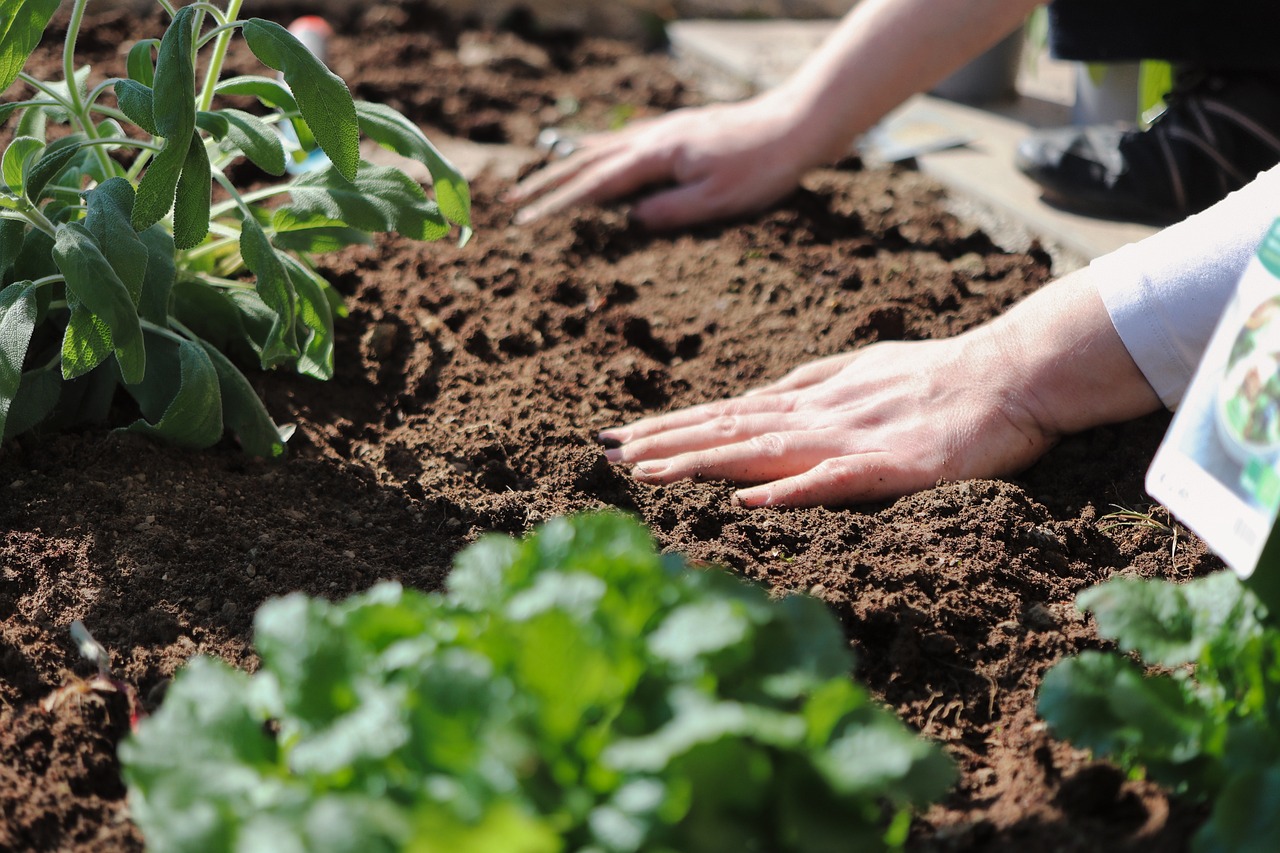The soil is a crucial resource for food production, serving as the foundation for successful farming. Quality soil provides essential nutrients and water to crops, contributing to a productive growing season and meeting yield targets. Farmers must recognize the soil’s significance and adopt sustainable practices to maximize agricultural productivity.
1. Soil Tillage: A Key Practice
Proper soil tillage significantly impacts crop yields. It involves various activities, including undermining or mole drainage, plowing, disking, harrowing, and rolling. Each step prepares the soil for optimal root growth and successful crop production.

2. Organic Matter: Enhancing Soil Health
Organic matter improves soil structure, enhances water retention, and supports a thriving community of soil organisms. Conventional tillage disturbs the entire soil structure, while reduced and no-till systems minimize disturbance and maintain surface residue. By prioritizing organic matter, farmers can create resilient and fertile soils
3. Soil Analysis: A Vital Step
Regular soil analysis helps farmers understand nutrient levels, humus content, and pH. With this knowledge, farmers can tailor fertilizer applications to meet crop requirements. Soil analysis empowers informed decision-making, leading to higher yields and improved produce quality.
4. The Role of Organic Matter
Soil organic matter consists of living organisms and decomposed plant material. It impacts soil quality and nutrient availability, which are essential for sustainable agriculture. The three primary components—small (fresh) plant residues and small living soil organisms, decomposing (active) organic matter, and stable organic matter (humus)—interact to maintain soil health. Farmers should prioritize organic matter preservation to support long-term productivity.
5. Soil Protection Measures
Farmers employ biological, physical, and chemical methods to minimize crop damage from pests. These include crop rotation, isolation, mulching, green manure, and chemical and natural treatments. By integrating these practices, farmers can minimize pest damage and promote soil resilience.
6. Proper Drainage and Irrigation
Ensuring good soil drainage and proper irrigation is crucial for healthy plant growth. Well-drained soil prevents waterlogging, while adequate irrigation ensures optimal moisture levels. Farmers must adjust water supply based on crop requirements, especially during planting and early growth stages. Effective drainage and irrigation contribute to successful crop development.
Understanding soil requirements and following best practices are vital for successful farming. By prioritizing soil health, conducting regular analyses, and implementing protective measures, farmers can optimize yields and contribute to sustainable agriculture.


